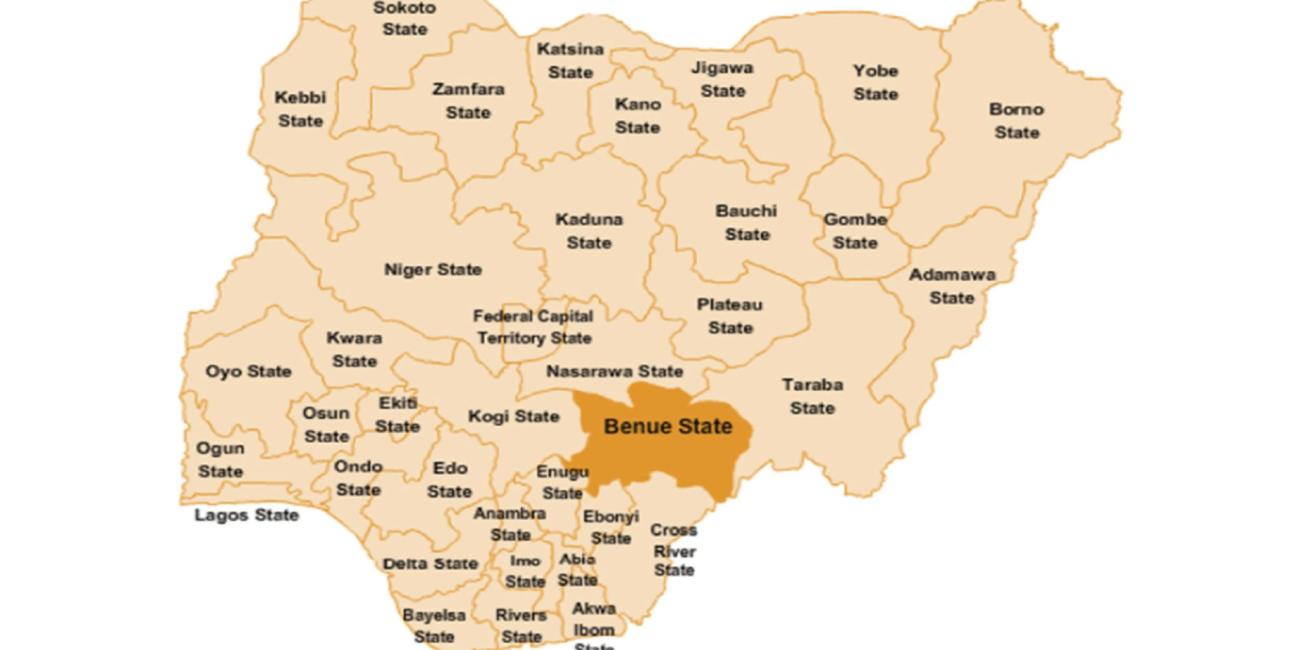BY ANTHONIA EMMANUEL
A new intelligence report has revealed that more than ₦48 billion in potentially illicit financial flows left Nigeria for Dubai and Hong Kong between January 2021 and September 2024. The Nigerian Financial Intelligence Unit (NFIU), in its latest advisory published in May 2025, describes both destinations as emerging “hotspots” for suspicious cross-border financial activity.
According to the report, the NFIU recorded a total of 401 Suspicious Transaction Reports (STRs) associated with the two regions within the three-year period. Despite receiving fewer reports about Dubai 185 in total , the monetary value of transactions linked to the United Arab Emirates stood at a staggering ₦29.6 billion, making it the top recipient by value. Meanwhile, Hong Kong accounted for 216 STRs with a combined value of ₦18.6 billion.
The report documents a dramatic rise in the number and value of suspicious transfers over the years. In 2021, only two cases worth ₦42 million were recorded. By 2024, that number had jumped to 202 STRs, totaling ₦32 billion. This rapid increase, according to the NFIU, reflects the growing exploitation of international financial systems by criminal networks. The agency attributed the trend to factors including lax regulatory frameworks, shell companies, offshore accounts, and inadequate oversight in both jurisdictions.
The NFIU pointed to Dubai’s reputation as a popular financial and real estate investment hub, noting that its lenient business policies and real estate market have made it a magnet not only for legitimate business activity but also for illicit financial flows. The report referenced the 2020 Dubai Leaks, which uncovered how politically exposed persons (PEPs), sanctioned individuals, and suspected criminals acquired high-value assets in the city.
Similarly, Hong Kong, a vital gateway to mainland China and an international finance center, has faced repeated accusations of weak enforcement in financial crimes. The city has seen multiple high-profile money laundering cases involving major global banks, further complicating efforts to regulate financial transactions effectively.
The NFIU called on Nigerian banks, regulatory bodies, and other financial institutions to strengthen their internal monitoring systems and prioritize the detection and reporting of suspicious transactions connected to Dubai and Hong Kong. “This advisory serves as a strong call to action for Nigeria’s financial ecosystem,” the report emphasized. “The failure to act decisively and swiftly could not only deepen the country’s exposure to financial crime but also harm its global reputation.”
The report concludes with a warning: as criminal networks become more sophisticated in using global financial centers to mask illegal transactions, the burden lies on national institutions to close regulatory gaps and improve vigilance in cross-border financial dealings.





